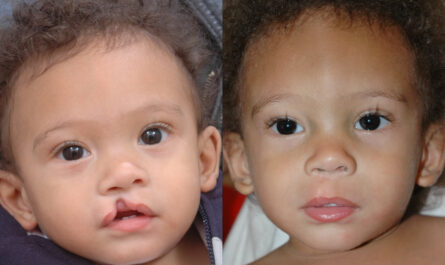
History and Development of Research Antibodies
Antibodies have been used as valuable research tools ever since their discovery in the late 19th century. Initially, antibodies were generated by immunizing animals like rabbits and screening for reactivity against an antigen of interest. Over many decades of intensive research, scientists refined antibody generation techniques and developed ways to produce monoclonal antibodies that target a single epitope. Some key milestones in the history and development of antibodies include the production of the first monoclonal antibodies in 1975, the development of technologies like hybridoma fusion in the 1980s, and recent advancements in recombinant antibody engineering. Today, antibodies generated through hybridoma fusion or recombinant techniques have become essential tools for basic research, drug discovery, and medical diagnostics.
Types of Antibodies Used in Research
Researchers have a variety of antibody types to choose from for different applications. Research antibodies are highly specific and ideal for applications like immunohistochemistry, ELISA, or Western blotting where single targets need to be identified. Polyclonal antibodies produced in rabbits or other species typically have higher affinity and recognize multiple epitopes on a target antigen. Recombinant monoclonal antibodies generated via phage display or transgenic mice offer consistency and can be humanized. Antibody fragments like Fabs or single-chain variable fragments provide smaller sizes suitable for certain in vivo studies. The choice depends on factors like specificity needs, host species compatibility, and intended downstream application.
Producing High-Quality Research Antibodies
Producing high-quality antibodies requires stringent controls and validation at each step. Hybridoma or phage display screening should generate stable cell lines or clones expressing antibodies with high affinity and specificity for the target antigen. Monoclonality must be confirmed via limiting dilution. Antibody production involves optimizing cell culture conditions to maximize yields while maintaining correct assembly and structural integrity. Post-production validation includes techniques like western blotting, flow cytometry, immunohistochemistry, ELISA, or immunofluorescence to demonstrate antibody binding consistent with published datasets and cellular localization patterns. Cross-reactivity with related proteins must be carefully assessed and reported. Proper storage, documentation, and availability of controls are also crucial for reproducing research findings.
Applications of Antibodies in Biology and Medicine
Antibodies drive discoveries across diverse fields like neuroscience, oncology, immunology, and developmental biology by enabling visualization, isolation, or modulation of specific biomolecules of interest. In neuroscience, antibodies have generated insights into signaling pathways and structural organizations in the brain. Cancer researchers rely on antibodies to detect tumor markers, develop targeted therapies, and validate new drug candidates. Antibodies are indispensable to studying the immune system, identifying cell types, tracing developmental lineages, and probing myriad intracellular signaling cascades. Medical applications include diagnosing diseases, detecting pathogens, developing new tests and vaccines, purifying therapeutic proteins, and aiding drug development. The wide availability of high-quality, validated antibodies continues fueling revolutions in basic research and translational science.
Challenges and Future Directions
While antibodies are ubiquitous tools today, there remain opportunities to overcome certain challenges and push the field forward. Generating antibodies against difficult targets like membrane proteins or domains lacking immunogenicity continues to be an area of active research. Standardization of validation criteria and reproducibility across research groups also requires ongoing focus. Developing renewable platforms to produce humanized monoclonal antibodies continues reducing dependence on animal immunization. Emerging techniques like next-generation sequencing analysis of antibody repertoires may yield new antibody discovery strategies. Single-cell omics approaches promise finer resolution of cellular heterogeneity. Looking ahead, rapid advances in antibody engineering, display technologies, and high-throughput screening hold promise to diversify the antibody toolkit and drive new biological insights. Overall, with continued innovation, antibodies will likely remain indispensable drivers of biomedical discoveries.
In Summary, research antibodies are indispensable tools in the realm of scientific exploration, enabling researchers to probe the intricate mechanisms of biology and disease. These specialized proteins bind to specific targets, allowing scientists to visualize, isolate, and study various molecules within cells and tissues. From unraveling the mysteries of cancer to advancing our understanding of infectious diseases, antibodies serve as guiding beacons in the pursuit of knowledge, fueling breakthrough discoveries and driving innovation in biomedical research.
*Note:
- Source: Coherent Market Insights, Public sources, Desk research
- We have leveraged AI tools to mine information and compile it


